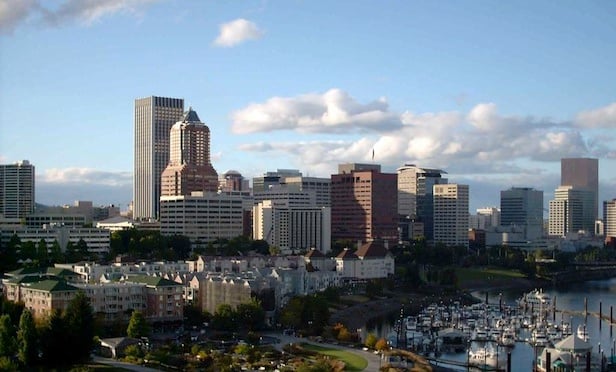IRVINE, CA—Both the industrial and retail markets stand to gain from marijuana's legalization, but one of the big constraints is the drug's continued illegality at the federal level, Ten-X's senior quantitative strategist Chris Muoio tells GlobeSt.com. Given that this issue is on the California ballot today, we spoke exclusively with Muoio about how legalization would impact the industrial market in states that vote to do so.
GlobeSt.com: How will the legalization of marijuana in some states impact the industrial market in those states?
Muoio: Marijuana legalization will be a boost to industrial absorption in the states that legalize it. Growing at scale requires a lot of space with a consistent climate, which is a need that is perfectly met by large warehouse space. Additionally, the budding edibles business that has sprung up following legalization uses industrial space for packaging and distribution. Right now, industrial space is even used for cash storage, as this business does not currently have access to the banking system.
Recommended For You
Want to continue reading?
Become a Free ALM Digital Reader.
Once you are an ALM Digital Member, you’ll receive:
- Breaking commercial real estate news and analysis, on-site and via our newsletters and custom alerts
- Educational webcasts, white papers, and ebooks from industry thought leaders
- Critical coverage of the property casualty insurance and financial advisory markets on our other ALM sites, PropertyCasualty360 and ThinkAdvisor
Already have an account? Sign In Now
*May exclude premium content© 2025 ALM Global, LLC, All Rights Reserved. Request academic re-use from www.copyright.com. All other uses, submit a request to [email protected]. For more information visit Asset & Logo Licensing.








